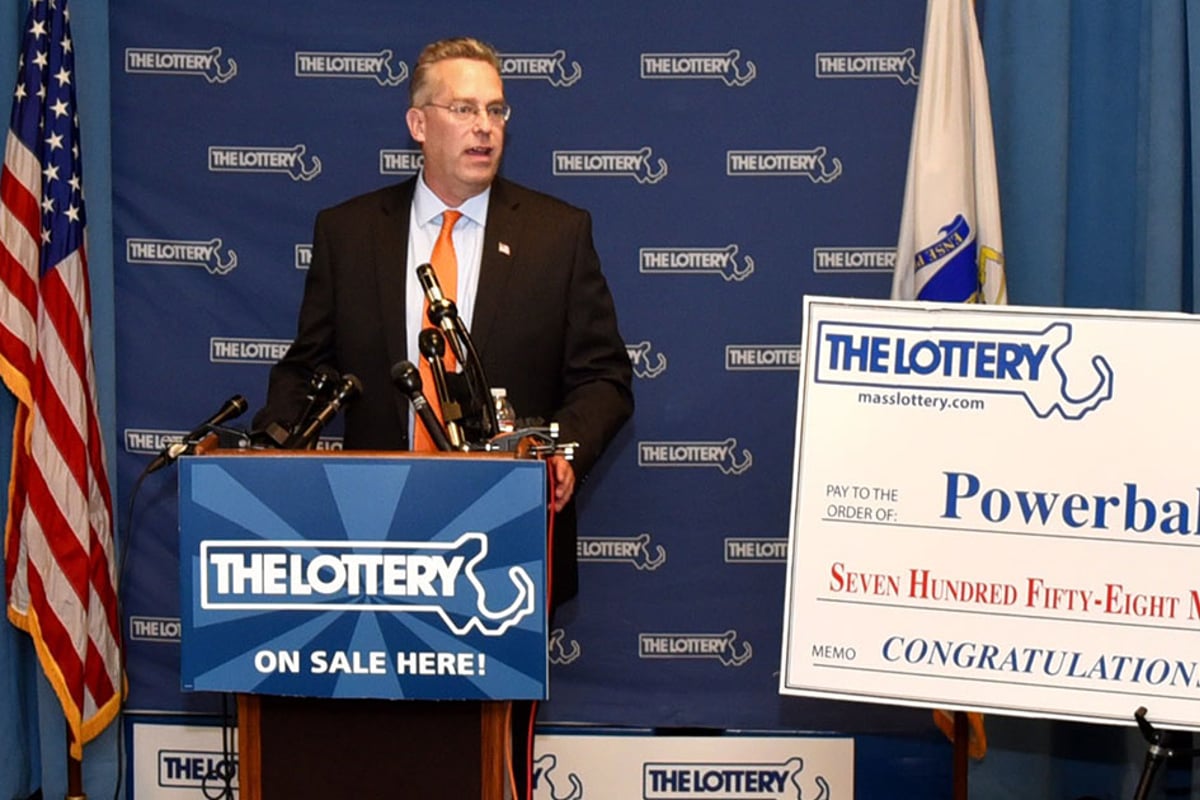Posted on: January 5, 2023, 01:43h.
Last updated on: January 5, 2023, 02:24h.
A new year means new state income tax rates, and that extends to how states tax lottery winnings. But fortunately for lottery players in nine states, their lottery winnings will be subject to less tax in 2023.

Ten states adjusted their effective tax rates on lottery winnings for 2023. They include Arizona, Arkansas, Idaho, Indiana, Iowa, Kentucky, Massachusetts, Missouri, Nebraska, and North Carolina. All but Massachusetts reduced their lottery tax.
The biggest lottery tax cut came in Iowa, which lowered its state income tax rate on its highest earners from 8.53% to 6%. Most states, including all of the 10 aforementioned, tax lottery winnings as personal income.
2023 State Lottery Tax Reductions
- Arizona — 4.5% to 2.5%
- Arkansas — 5.5% to 4.9%
- Idaho — 6% to 5.8%
- Indiana — 3.23% to 3.15%
- Kentucky — 5% to 4.5%
- Missouri — 5.3% to 4.95%
- Nebraska — 6.84% to 6.64%
- North Carolina — 4.99% to 4.75%
Massachusetts conversely increased its lottery tax on major winners. That happened through a ballot referendum state voters backed during the 2022 November election.
The constitutional amendment tacks on a 4% tax for earners who report income above $1 million. That takes the effective lottery tax rate in Massachusetts for big winners to 9%, as the state already levies a 5% individual income tax on its highest tax bracket.
Best States to Win a Jackpot
Tomorrow night’s Mega Millions jackpot is an estimated $940 million. While any player would be ecstatic to win such a fortune, it would be best to hit the jackpot in one of the nine states that do not classify lottery winnings as personal income.
California, Delaware, Florida, New Hampshire, South Dakota, Tennessee, Texas, Washington, and Wyoming do not tax lottery winnings. And for such a payout as the one Mega Millions is offering, that equates to a sizable difference.
For example, if someone wins the Mega Millions jackpot tomorrow and opts for the one-time cash payout of approximately $483.5 million, the prize would be reduced by about $179 million after the federal government takes its 37% cut. The remaining $304.6 million would fully go to the Mega Millions winner in the nine states that do not further tax the prize.
But in states like Maryland, which places an 8.95% toll on lottery winnings, the take-home payout would be further reduced by almost $43 million for a net distribution of approximately $261 million.
Lotteries Massive Business
Lottery players in the US spend about $80 billion a year on tickets. That’s according to a study conducted by LendingTree published last month.
The bulk of the spending comes east of the Mississippi River, where the top 18 states in lottery spending per capita are located. Massachusetts led the way in terms of per capita spending on lottery games.
Massachusetts residents spent on average $805 a year on lottery games in 2020. Massachusetts’ per capita lottery spending dwarfed New York, the second-highest spending lottery state, at $456 per resident.
The lottery spending study, however, points out that Massachusetts also has one of the highest per capita incomes in the US. Massachusetts residents had a median household income of $84,385 in 2020 — 30% higher than the nationwide average of about $65,000.
